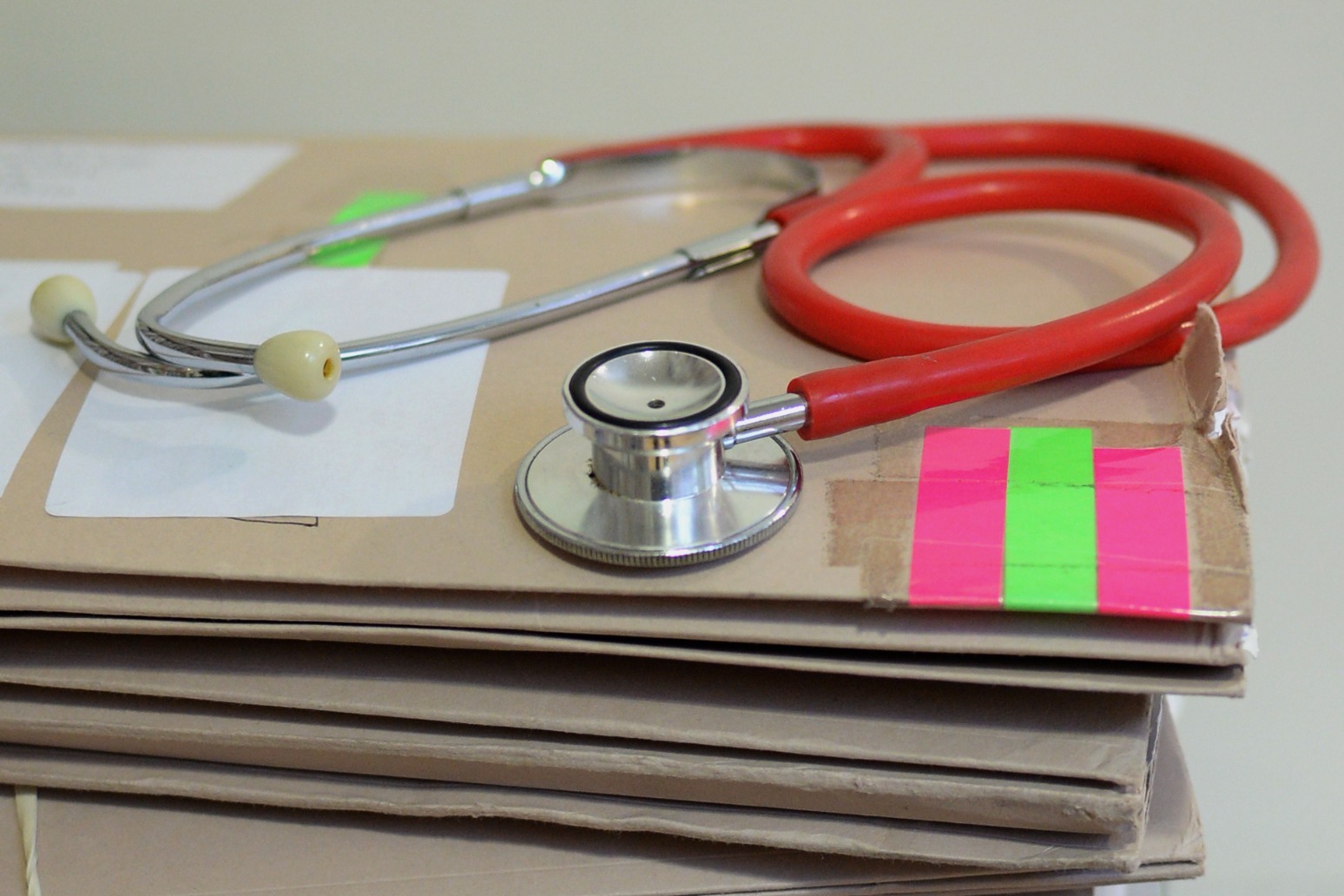
Almost half of GPs taking collective action, poll suggests
Almost half of GP practices in England are taking some form of collective action, a poll suggests.
The snapshot of practices by the publication Pulse, which included responses from 283 GP partners, found 46% were taking action while a further 20% said they will be doing so in the future.
Some 7% of practices ruled out taking any action.
Family doctors in England voted overwhelmingly in favour of industrial action earlier this month.
According to the British Medical Association (BMA), more than 8,500 GPs took part in a vote, with 98.3% backing collective action.
The BMA has issued a list of 10 actions for surgeries to choose from, including GPs limiting the number of patients they see each day to 25.
More than a quarter of the practices that responded to the Pulse poll were limiting patient contacts, while 44% said they were considering it.
Other actions proposed by the BMA include GPs choosing not to perform work they are not formally contracted to do, refusing to share patient data unless it is in the best interest of the patient, and referring patients directly to specialists rather than following NHS processes.
Practices could also potentially ignore “rationing” restrictions by “prescribing whatever is in the patient’s best interest”.
Half of GPs told the survey they would be willing to escalate action, which could involve closing their doors.
Dr Amanda Doyle, NHS national director for primary care and community services, said: “As some practices continue collective action, it is vital that patients continue to come forward for care in the usual ways – practices remain open and services are still running.
“We will be monitoring the impacts of this action to ensure practices fulfil their contractual requirements and continue to meet the needs of patients.
“The NHS remains committed to tackling the issues within general practice, and while changes have been introduced to help staff and improve patient access, we know general practice remains under significant pressure and is experiencing record demand, so we will continue to work together with GPs and other stakeholders to support the profession.”
Dr Michael Mulholland, honorary secretary at the Royal College of GPs, said: “General practice is the front door of the NHS, but it has faced years of underfunding and neglect, and is now seriously struggling.
“We have raised significant concerns that the current GP contract is failing to provide GPs and their patients with the support that they need – and the decision to take collective action shows the strength of feeling amongst GPs across England.
“It is not for the RCGP to get involved with contract negotiations between the BMA and NHS England, nor to influence how practices participate in collective action.
“No GP will want to restrict the services they provide for their patients, so we hope that the Government is able to intervene to help reach a fair resolution as soon as possible, so GPs have the funding and support to provide the care our patients need.”
A Department of Health and Social Care spokesperson said: “This Government is committed to shifting the focus of healthcare out of hospitals and into the community, to fix the front door to the NHS.
“We have already accepted the independent pay review body recommendation of a 6% uplift in GP pay and committed to hiring an extra 1,000 GPs into the NHS by cutting red tape, through an £82 million boost to the additional roles reimbursement scheme.
“Collective action will only punish patients. NHS England has preparations in place to ensure patient safety is protected and patients should still come forward for care as usual.”
Published: by Radio NewsHub